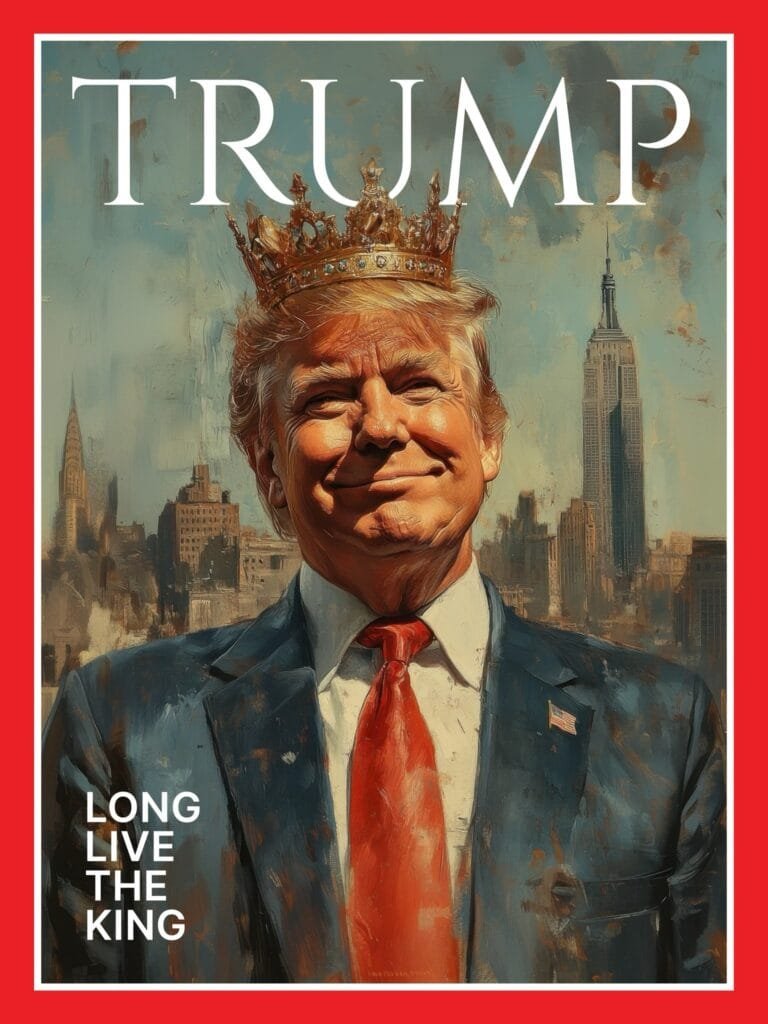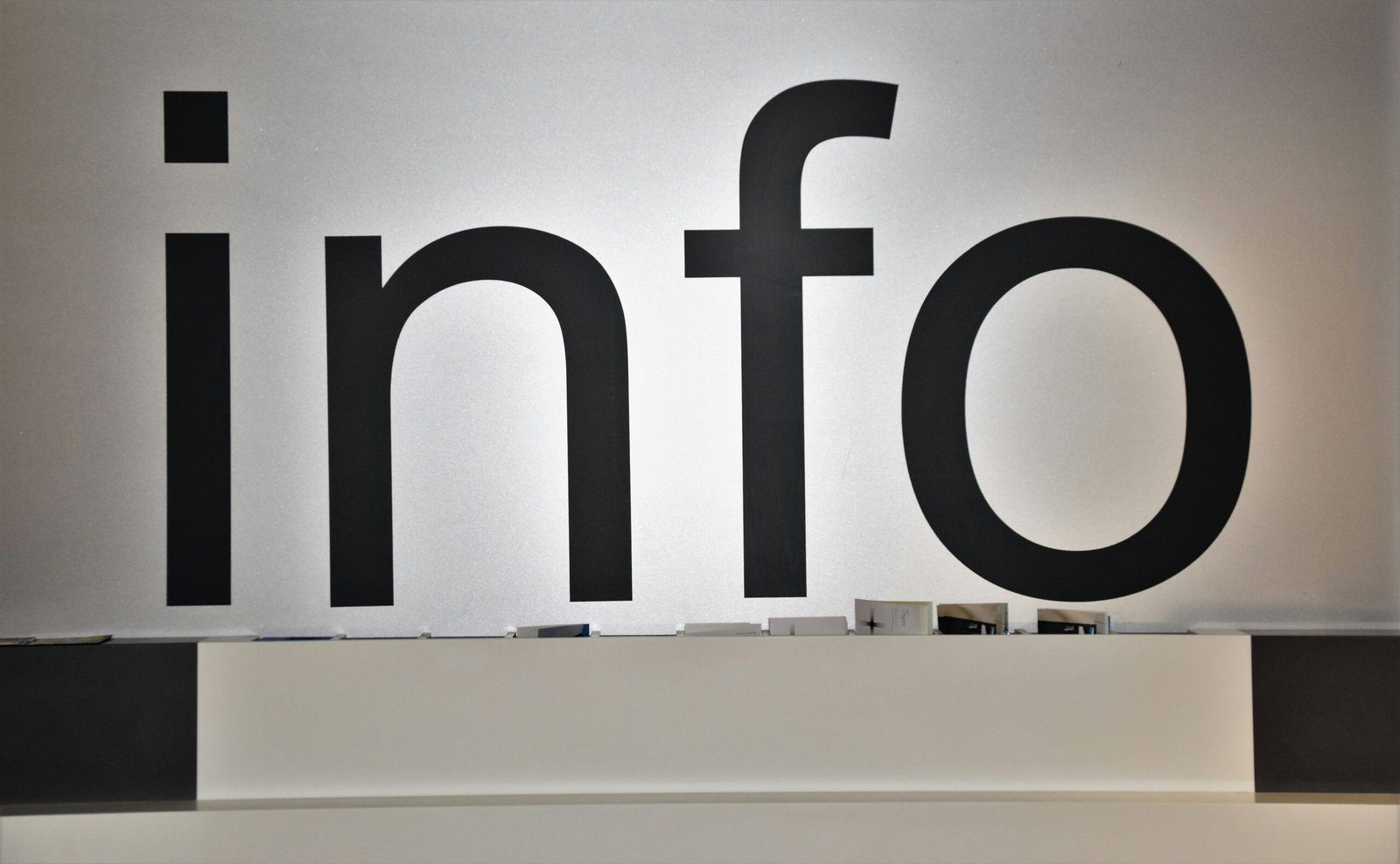Will Donald Trump Disrupt the 2028 Presidential Election?

The GOP’s Stance on Constitutional Changes
In recent months, leading figures within the Republican Party have expressed a willingness to explore constitutional amendments that could pave the way for President Donald Trump to run for additional terms in office. This discourse has ignited a fervor of debate among politicians, legal scholars, and citizens alike. The crux of the argument rests on their interpretation of the 22nd Amendment, which currently limits any individual to two terms as President of the United States. Some GOP leaders contend that a more flexible interpretation could permit Trump to re-enter the race without violating constitutional provisions.
Prominent members of the GOP, echoing sentiments from within their base, argue that Trump represents a significant faction of American voters whose voices remain unrepresented in the current political arena. As such, they frame any efforts to amend the Constitution as merely a reflection of the democratic will, claiming that such changes will reinvigorate political engagement among his supporters. However, legal experts quickly counter these claims, warning that tampering with constitutional norms could undermine the very foundation of American democracy. The idea of revisiting established constitutional frameworks raises concerns about the potential for political manipulation and the erosion of foundational democratic principles.
The political implications of these discussions are profound. Should the GOP successfully navigate the complexities of constitutional amendments, it may not only facilitate Trump’s potential candidacy for the 2028 Presidential Election but could also redefine the Republican Party’s relationship to democratic values. Opponents of these measures have voiced their concerns, warning that such shifts may foster division rather than unity, raising fundamental questions about the long-term viability of American democracy. As this dialogue unfolds, the reaction from various sectors will play a crucial role in determining the future landscape of political discourse in the United States.
The Strategic Placement of Trump Loyalists in Key Positions
The strategic placement of loyalists to former President Donald Trump within pivotal government roles has introduced a complex dynamic into the fabric of American governance. Appointments of individuals with strong allegiance to Trump in organizations like the FBI, the Department of Defense, and the National Security Council raise questions about the integrity and impartiality of these vital institutions. As these loyalists take on key responsibilities, the potential for political bias to influence decision-making grows considerably.
In the FBI, the implications of placing Trump’s supporters in key roles could affect how investigations are conducted, especially those involving matters of national security and political accountability. The perception of impartial law enforcement is critical for public trust, which may be undermined if the agency is perceived as politically motivated. Similarly, the Department of Defense, tasked with safeguarding the nation’s security, may see the same effects. The prioritization of loyalty over professional expertise could lead to decisions that are more reflective of political considerations than strategic military objectives.
The National Security Council, responsible for coordinating national security policy, is another area where the impacts of such placements may be felt. If advisors are primarily chosen for their allegiance to Trump rather than their qualifications or experience, this could shift the Council’s strategic priorities, potentially favoring partisan agendas over well-informed policy decisions. The possibility of such outcomes poses significant risks not only to governance but also to how foreign relations and national security issues are navigated in the run-up to the 2028 election.
Ultimately, the alignment of personnel within these crucial agencies with Trump’s political ideology may pose challenges that could compromise their role as objective, non-partisan entities. As the influence of these loyalists expands, it is essential to monitor the ramifications on governance and public confidence in these institutions.
Public Perception of Future Elections
The public perception of future presidential elections in the United States is increasingly influenced by a complex interplay of factors that include historical context, recent political developments, and pervasive fears regarding election integrity. As we look toward the 2028 presidential election, the potential for Donald Trump’s influence to alter the electoral landscape cannot be underestimated. Polling data over the past few years suggest a notable shift in voter sentiment, with a considerable number of citizens expressing concerns about the legitimacy of elections.
Surveys indicate that a significant portion of the electorate fears that undemocratic practices may become more commonplace. This anxiety is underscored by perceptions of election integrity, where a substantial number of individuals question whether their votes will count. Historical comparisons to other nations that have experienced authoritarian leadership provide a disturbing context for these fears, highlighting how quickly democratic norms can be eroded. The events surrounding the 2020 presidential election and its aftermath serve as powerful reminders of the fragility of democratic institutions in the face of challenges to their legitimacy.
The apprehension surrounding Trump’s possible candidacy in 2028 appears to amplify these concerns. Many voters worry that his assertive political maneuvers, including the potential rejection of outcomes he deems unfavorable, could lead to a more divided and contentious electoral environment. Reports suggest that trust in the electoral process is at an all-time low, with many citizens feeling disenfranchised or disillusioned. This decline in public confidence not only endangers the fundamental tenets of democracy but also raises critical questions about how elections will be conducted moving forward.
As the nation approaches the next presidential election cycle, understanding these shifts in public perception becomes vital. To preserve democratic integrity, addressing the underlying issues of trust and perceptions of fairness in the electoral process will be essential in mitigating fears associated with potential authoritarianism and maintaining the health of American democracy.
The Implications of a Possible Cessation of Elections
The potential cessation of presidential elections in the United States, particularly in the context of ongoing political dynamics surrounding figures such as Donald Trump, raises critical questions about the future of American democracy. A halt in electoral processes would signify a severe blow to the democratic fabric of the nation, undermining the principles of representation and accountability that are foundational to governance. The implications of such a scenario extend far beyond national borders, potentially altering the global perception of the United States as a bastion of democratic ideals.
If elections were to cease, the erosion of civil liberties would be a profound concern. The ability of citizens to choose their leaders is a fundamental right enshrined in democratic societies. A discontinuation of elections might encourage authoritarian practices, leading to a concentration of power in the hands of a few. Such an environment could stifle dissent, restrict freedom of speech, and diminish the public’s role in policy-making processes. As a result, the social contract between the government and its citizens would be jeopardized, paving the way for widespread discontent and unrest.
Moreover, the international implications of a cessation of elections could be dire. Global alliances might be strained, as nations that have historically viewed the United States as a model for democracy could reconsider their diplomatic relationships. The weakening of democratic institutions could embolden authoritarian tendencies worldwide, ultimately undermining global stability.
To mitigate these potential scenarios, grassroots movements and legal challenges play a crucial role. Citizens can organize to uphold democratic norms, advocate for electoral integrity, and ensure that their voices are heard. The active participation of the electorate in the democratic process will be vital in resisting any efforts to undermine elections, underscoring the importance of collective action in safeguarding democracy.



